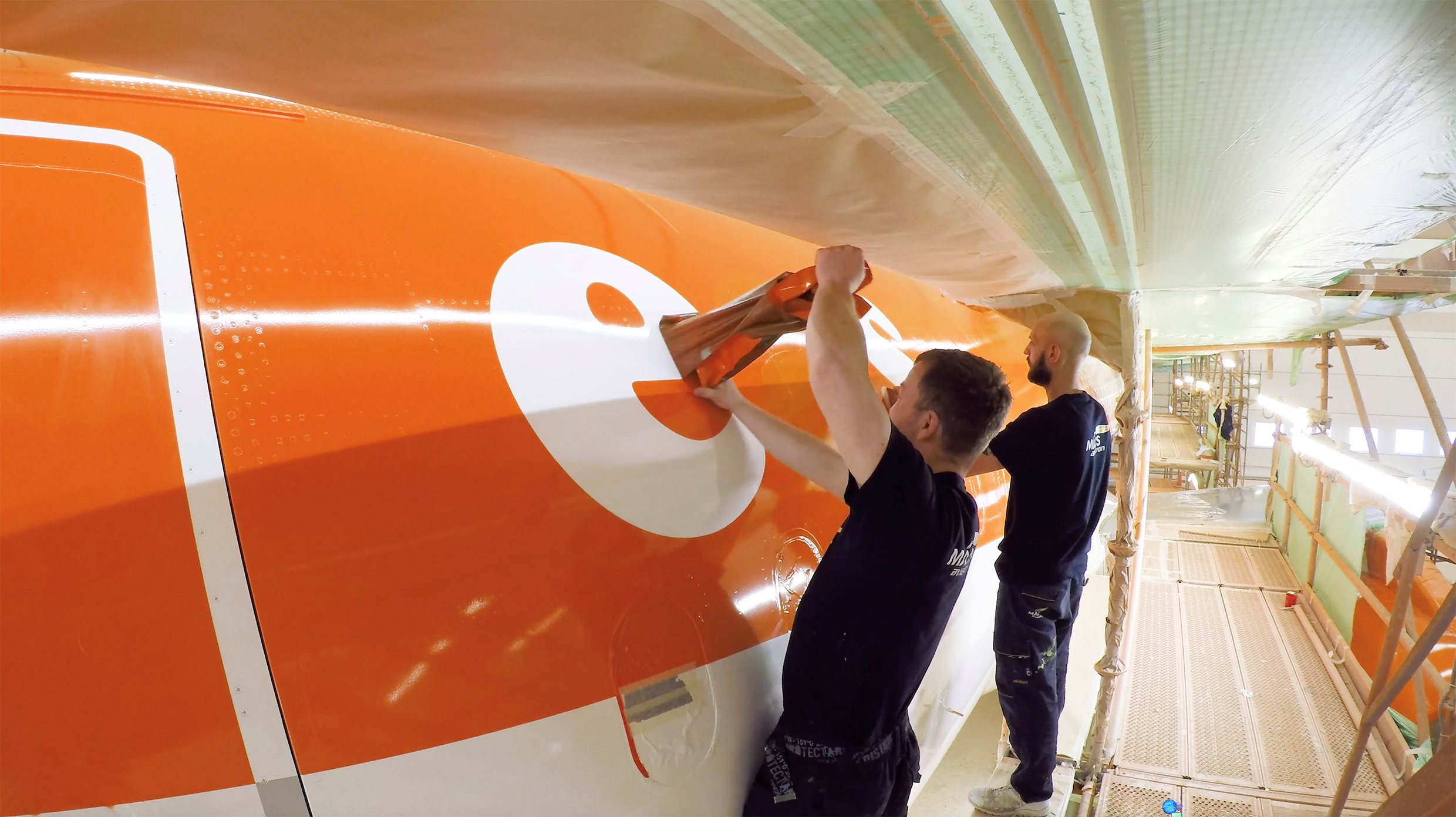NATS tops list of Europe's Climate Leaders

Image copyright Shutterstock
The special report, now in its fourth year, is compiled by the Financial Times in partnership with Statista and has identified 600 European businesses that have achieved the greatest reduction in their ‘core’ Scope 1 and 2 greenhouse gas emissions intensity over a five-year period (2017-22).
These emissions describe the direct emissions of a business through combustion of fuel sources and the indirect emissions from use of electricity.
NATS achieved the highest score of all European companies based on the methodology developed by Statista. A number of other factors are taken into account in the scoring, such as whether companies have robust science-based targets in place, their commitments to net zero and transparent disclosure of their indirect scope 3 value chain emissions.
It also considers CDP scoring, a rigorous assessment of sustainability and stewardship in which NATS holds an “A list” rating, as well as SBTi approved climate targets, where NATS demonstrated its targets exceed requirements to help prevent the most damaging effects of climate change.
NATS’ first place can be attributed to a range of actions over many years to improve the company’s environmental performance, including:
- A commitment to procure or self-generate 100% renewable electricity by 2030 (currently 99%) and purchasing green gas since 2017
- Awarded “Business Ambition” status by Science Based Targets Initiative, the highest award possible
- Recognised as being in the top 2% of companies globally for leadership in corporate transparency and performance on climate change by environmental evaluation company, CDP.
- Reporting on a broad range of externally verified NATS value chain emissions
Dave Curtis, Safety and Sustainability Director, NATS, said: “This recognition, following on from NATS achieving an A grade in the global sustainability rating scheme, CDP, in February is further testament to the excellent work across NATS to reduce our environmental impact. But we cannot rest, our net zero carbon by 2035 and carbon negative by 2040 targets are challenging.
"We will continue our efforts to put sustainability at the heart of our decision making for the sake of the aviation industry and the planet.”











